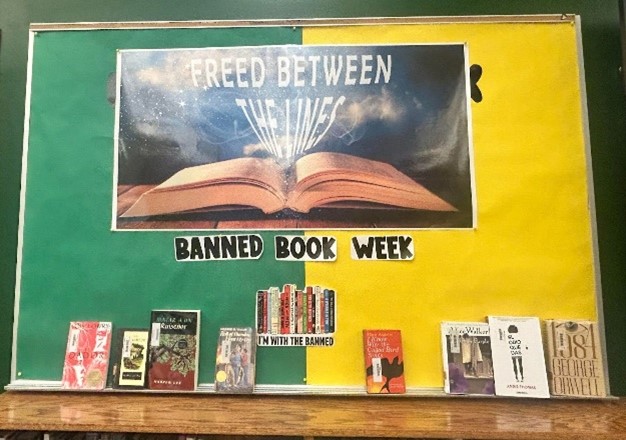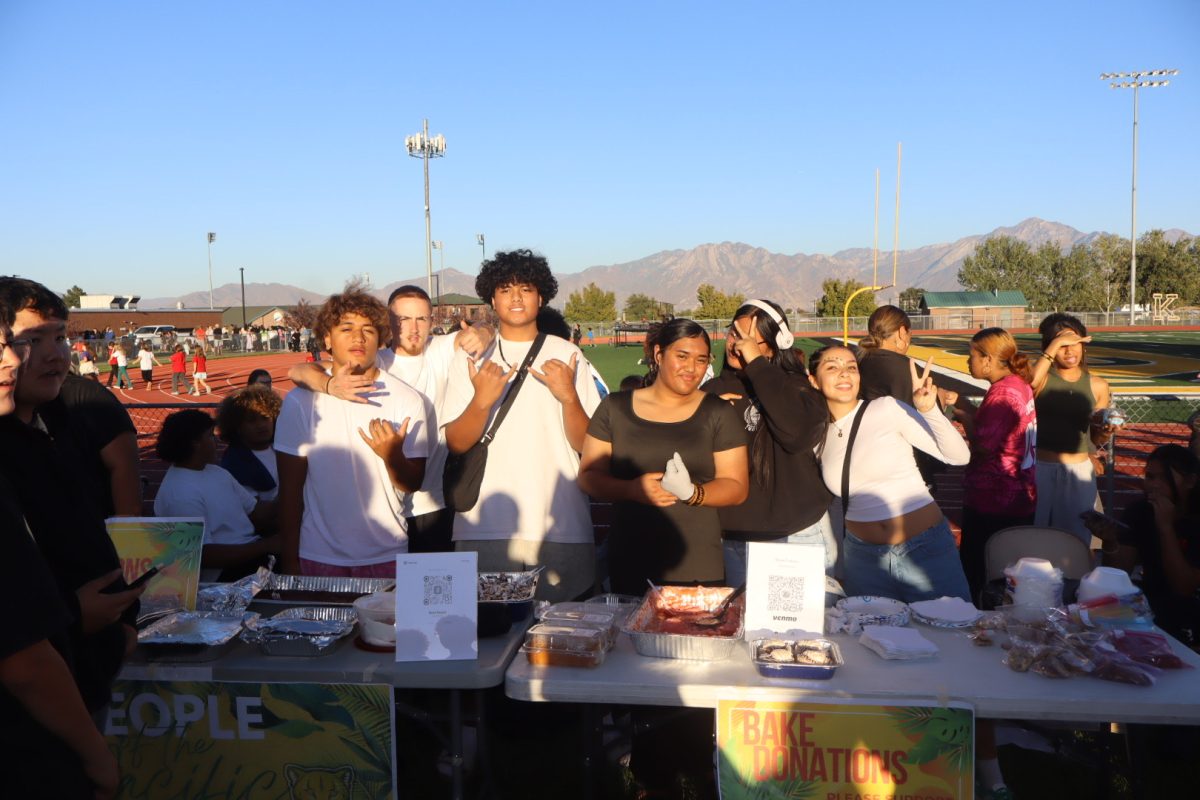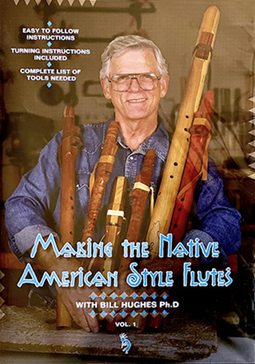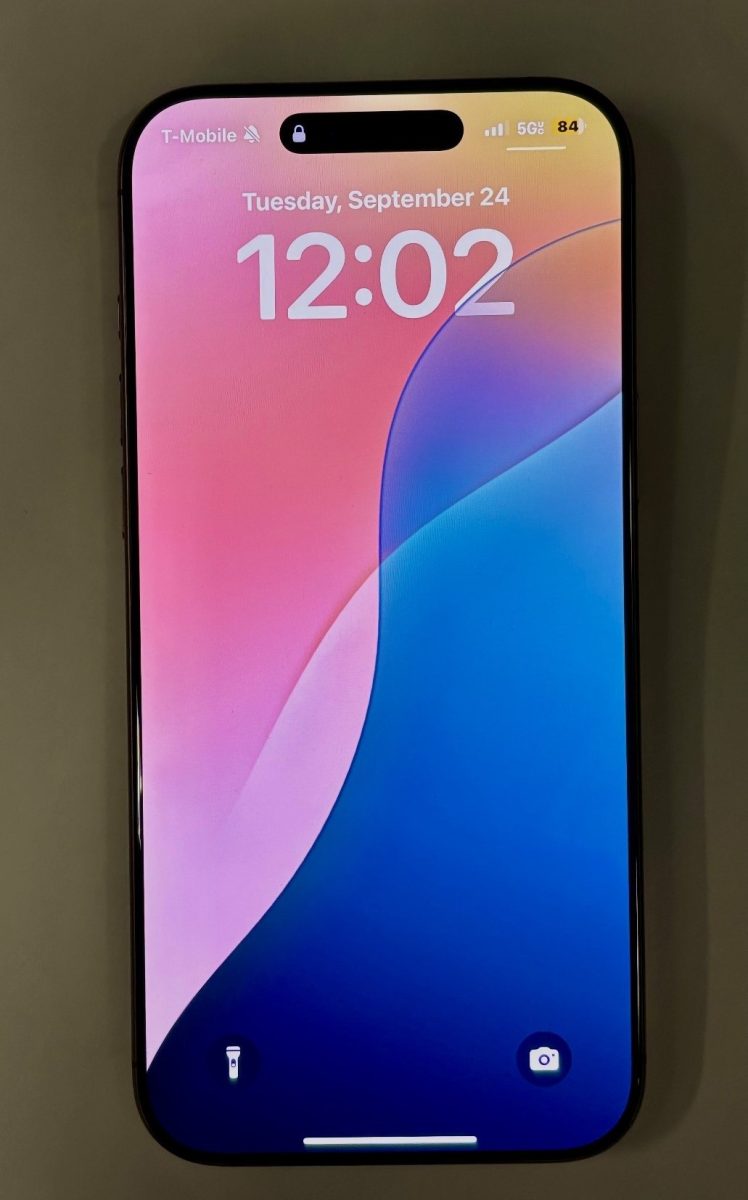The number 113 represents the books that are undergoing consideration of removal in Granite School District over the past two years.
35 books have been pulled completely from schools. Additionally, 66 books are being reviewed for possible removal. 12 books have been retained, staying in school libraries after consideration. This information was pulled from the official district master list, detailing what books are being reviewed and removed from schools.
Award-winning authors had work removed, such as Maya Angelou for “I Know Why the Caged Bird Sings” Jay Asher for “Thirteen Reasons Why” and Alice Oseman for the “Heartstopper” series. Many other notable authors also had books removed. One noted pattern is that LGBTQ+ and BIPOC authors are censored for their work. There are mixed opinions from people on this– some people believe they are being excluded on purpose, but others believe it may be coincidental.
Organizations such as The New York Times, the Literarian awards, and Readers’ Choice have given awards to those named books. Netflix has turned several of these books into TV shows that millions of people watch. But why are these books being completely taken away from shelves? Especially many critically acclaimed, well-known, award winning works of literature?
Many parents and members of the community have concerns about some of the content in the books. They are being deemed as too mature, triggering, or too graphic for students to be exposed to. These books involve discussion of abuse, racism, suicide, self-harm, rape, addiction, sex, and content pertaining to struggles of members of the LGBTQ+ community. Their concern is that students shouldn’t be exposed to books that are promoting, glamorizing, or encouraging these behaviors, as well as describing them in graphic detail. However, others say a lot of the books being reviewed for this content are not written for that purpose, and are more so written to educate and inform.
Mr. Ryne Steinacker, an English teacher at Kearns High School, writes: “Schools can guide, but other than novels for whole-class study, they should not decide. Obviously, someone has to decide what goes in a library, though. Thank you, librarians!”
This raises the question of why were these books distributed to students in the first place?
A lot of students believe books about these topics show that they are not alone, and give them correct information on heavy topics. These are all real issues that real people struggle with, and by censoring or attempting to erase them, it can make students feel like their struggles are something to be ashamed of, hidden, and not something allowed to be spoken about. By having access to books students can relate to, it can help them learn how to correctly cope, ways to get help, and ways to support other people that are in similar situations.
On the other side of things, there are books that glamorize and promote those topics, and normalize unhealthy behaviors. Books like this can be problematic to teenagers and families, and a cause for concern. Mr. Steinacker writes: “It’s too complex for a simple sound bite. Some students have already been victims of abuse and these books help them know they’re not alone. But there are more and less helpful ways to address the topics.”
Some people have concerns about freedom of speech, as well as student agency. “I think students should be able to read what they want, and their families should be aware of their choices,” Mr. Steinacker writes. “…I’m concerned about attacks on free speech and student choice.” Some believe, “When parents are involved and aware, nobody needs to ban a book-just tell your kid not to read it!”
Book banning continues to be an ongoing situation, not just in Granite School District but across major districts in Utah and states all over the country. Mr. Steinacker believes an alternative solution is, “We should have more of a conversation (publicly). …Public decisions should be made by the public.”
A lot of readers believe, “Banning books entirely is not the answer.”
Upon being asked what things he thinks should be removed from high school shelves, Mr. Steinacker writes: “It’s not my call- that’s the whole point of freedom of speech. I definitely find some things offensive or distasteful, but that’s my business-not everyone else’s.”
He believes that reading is power, and that basically every successful person is a capable writer, reader, and/or speaker. “You can either read and know things and have power, or be ignorant and let others make decisions for you. I prefer to read. :)”
Granite School District considering removing more titles from libraries
December 10, 2024
0
More to Discover











